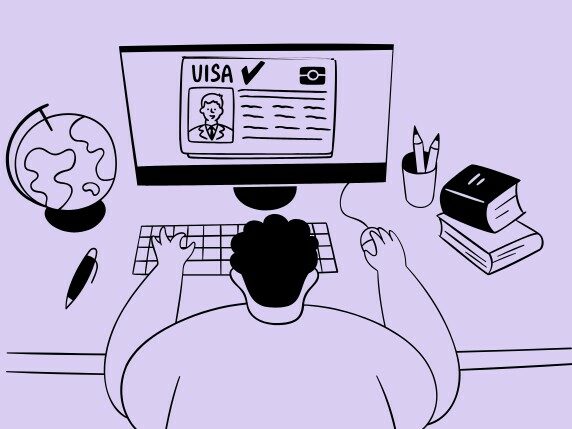The UK’s immigration system is evolving with the introduction of e-Visas, a significant step towards full digitalisation. This change eliminates the need for physical visa documents, offering a more secure and efficient method for managing immigration status. As part of the UK government’s broader strategy to modernise immigration processes, e-Visas will simplify procedures for both employee and employers while reducing the risk of document fraud.
Who is affected?
e-Visas affect individuals applying for visas under most UK immigration routes. This includes skilled workers, students, and those coming to the UK under family or other sponsored routes. Employers in sectors that heavily recruit overseas talent, such as tech, engineering, and healthcare, will be particularly impacted as they adjust to the new right to work (RTW) verification processes.
Changes for Employers: Right to work checks
RTW checks will rely on the Home Office’s online system. Employers must obtain a share code from the employee, which along with their date of birth, grants access to their digital immigration status. This replaces the need for physical visa documents and offers an up-to-date verification system. However, it’s essential for employers to maintain thorough records of these online checks to ensure compliance with immigration laws.
To make sure you are compliant with the new system, you should review and update your RTW policies before the end of the year. Train your management team on the changes and implement processes for using the Home Offices’ online verification system. It’s also essential to identify exceptions, such as employees who do not hold e-Visas, and apply the correct RTW procedures.
Who is unlikely to hold an e-Visa?
Not all employees will hold an e-Visa. Irish citizens, for example, do not require a visa to work in the UK and will instead provide their passport as evidence. Similarly, individuals granted indefinite leave to remain before the introduction of e-Visas may still rely on physical documentation. Employers must be aware of these exceptions and conduct the appropriate RTW checks for each case.
Employee communications
As an employer, you should proactively communicate with your staff about registering for a UK Visas and Immigration (UKVI) account and applying for an e-Visa if they have not already done so. This will also allow employees to access their digital status and generate share codes for RTW checks. Give clear guidance on the process to reduce potential delays.
Fozia Iqbal commented:
The move to e-Visas is a game changer for UK employers. While it simplifies right to work checks, it also demands that businesses adapt quickly to avoid compliance risks. Employers should communicate the importance of this step clearly to their team. A proactive approach will not only ease the process but also reassure employees navigating the system.







